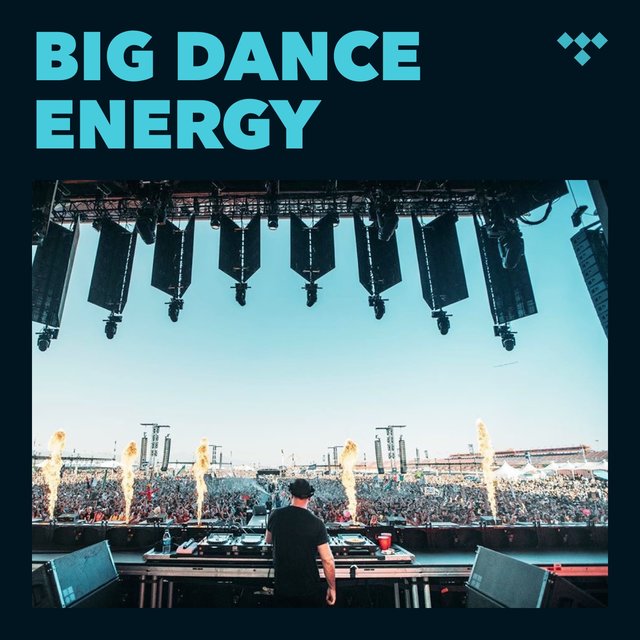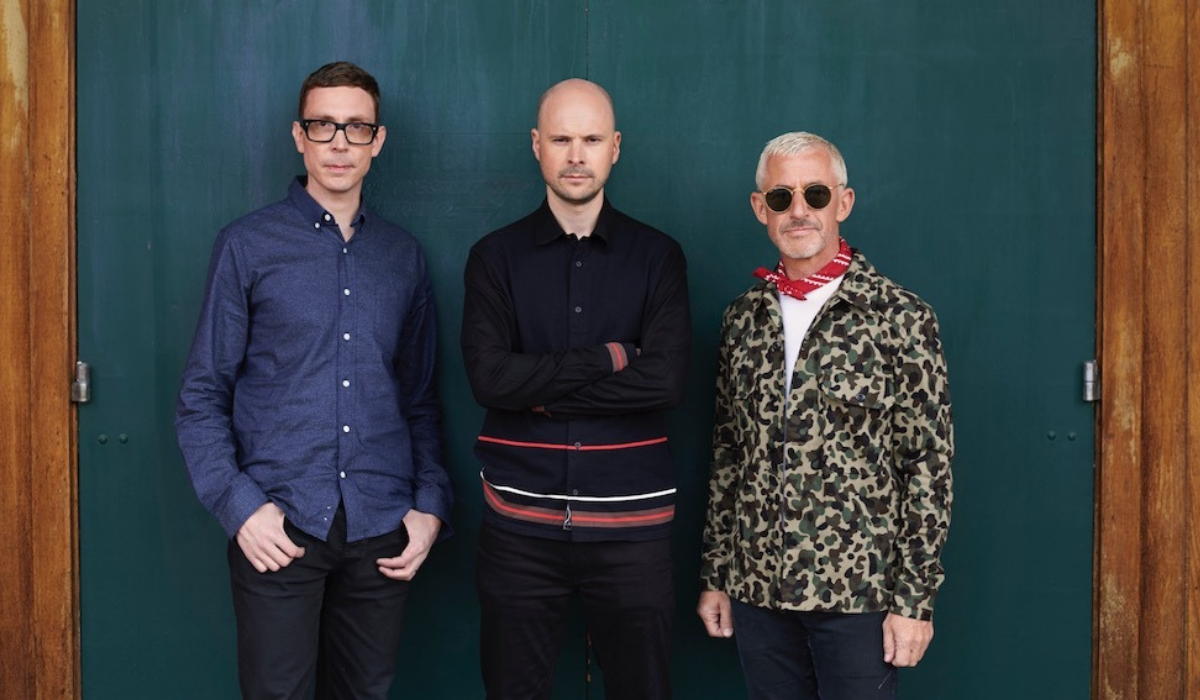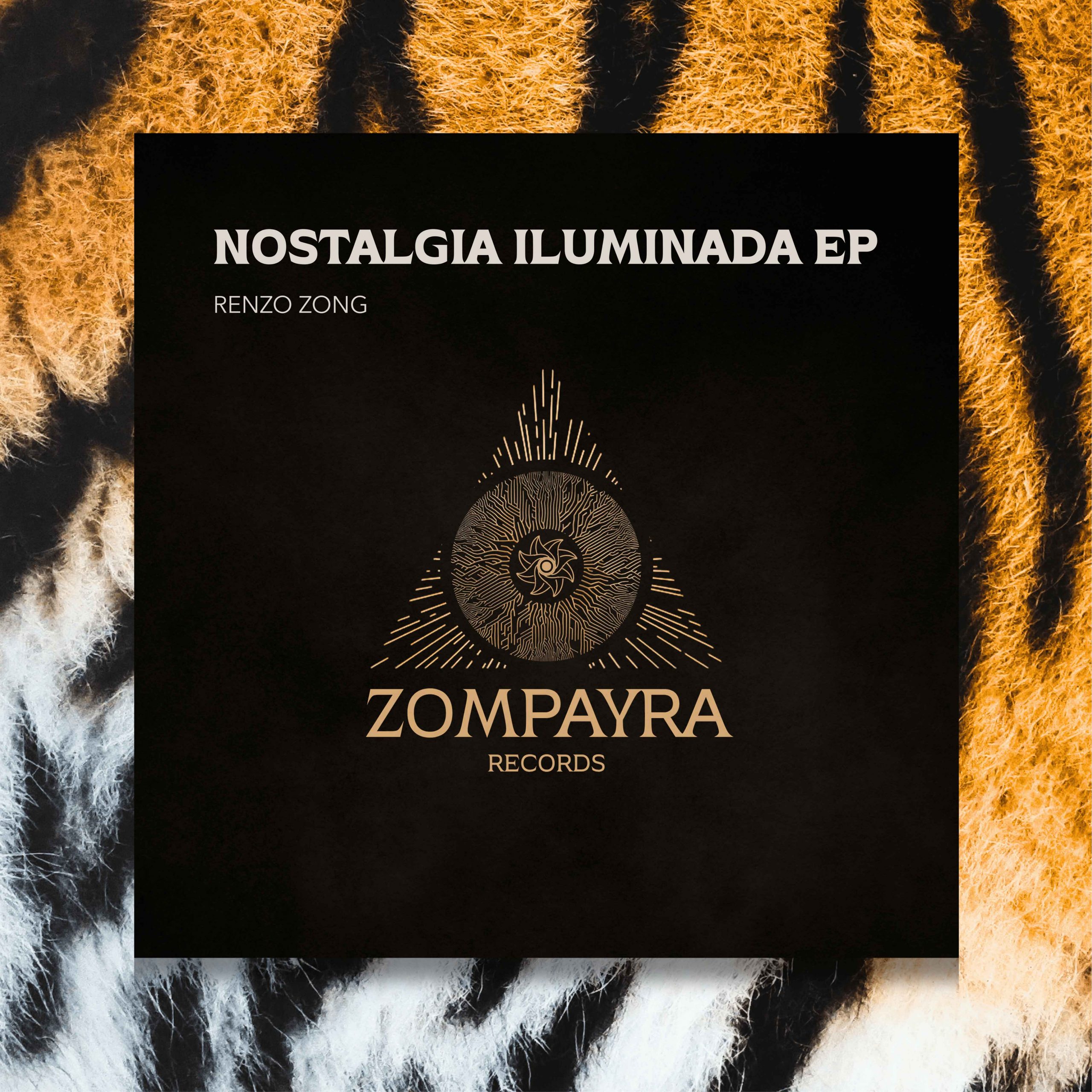Two weeks ago the UK saw Liverpool take part in a series of Covid pilot events as part of the government’s Events Research Programme – two 3000 capacity shows at Bramley Moore Dock, and a 5000 capacity event in Sefton Park. Since then, the industry has been waiting with baited breath for the outcome, and while it is only the preliminary findings, a government source has been quoted as saying “We are still waiting for the final bits of data but the results so far have been very encouraging”.
The unnamed source was originally quoted in The Times, and said that
““It will help make the case that these large events are not inherently more risky than other parts of the hospitality sector. It shows that there are things that you can do to make these settings as safe as other daily activities. It is true that they are not going to be 100 per cent safe but you can lower the risk to a reasonable level.”
Many media outlets are reporting this as suggesting major events and club nights are therefore no risker than shops, cinemas, pubs, or restaurants – establishments that are now allowed to open, and indeed these examples still require social distancing, mask wearing, and people tend to spend less time in them than they would at a club event. The fact the data is good with no distancing, no masks, and thousands of people in close proximity for hours at a time, is incredibly encouraging.

Image credit: Jody Hartley
There is however something of a flip-side to this, but it may still be good news for the industry in itself – all attendees had to show a negative lateral flow test, something that isn’t a requirement in shops, pubs, restaurants, etc, so it kind of stands to reason that no cases can be traced to the events, and doesn’t necessarily mean that events with no testing will be free of cases. This is something that Festival Republic are looking to plan further for with a 10,000 capacity 3-4 day camping festival at some point in June. However, the Covid pilot scheme does provide two valuable lessons for “real” events later in the summer – firstly the option of testing for attendees prior to entry has shown to be a viable option, which can be scaled up appropriately. Secondly the vaccine roll-out in the UK continues at pace, and while the majority of people at the Covid pilot events won’t have been vaccinated given the young demographic of the attendees, it looks highly likely they will have had one dose, and therefore have good protection from both transmission and serious illness, by the time most planned events for the summer take place.
The results are also likely to be positive news for events who require a government-backed Covid-cancellation insurance scheme – with such a scheme in place, events can plan to go ahead safe in the knowledge that in the unlikely event something changes in terms of full reopening, they won’t bankrupt themselves in the process. As it stands, many independent festivals in the UK have already cancelled, as they are simply unable to take such a risk without insurance.
The full report is expected soon, but given the preliminary news on its findings, this is now the most positive news for UK festivals and events this summer that we’ve seen to date.
Image Credit – Anthony Mooney




























